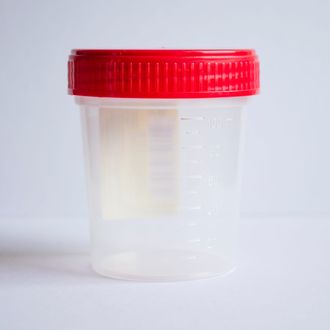
In September 2013, despite Governor Pat McCrory’s veto, North Carolina enacted a law that required welfare applicants to be screened and tested for illegal drug use. After a huge delay in actually implementing the law, yesterday state officials in North Carolina released results from the first round of tests, the Charlotte Observer reports. Of 7,600 applicants to the state’s Work First program — a program that provides families with cash benefits, job training, and support services — 89 (or about 2 percent) were referred for drug testing. Of those, 21 (or less than 0.3 percent of those screened) tested positive — a percentage vastly below both the state and national average rates of self-reported drug use.
The law, which was enacted in August, first requires social workers to screen both new applicants and people who already receive benefits. Social workers must ask them about their habits of drug use in the past year; if there’s reason to suspect an applicant has been using illegal drugs, he or she is referred for testing. Anyone convicted of felony drug offenses three years before applying is automatically referred.
If an applicant tests positive, their benefits are cut off; of the 21 positive cases from this round of testing, 12 were reportedly approved for reduced payment “because children were involved.” Benefits are also cut off if an applicant misses a test appointment, which was the case for 70 people in the last five months of 2015. In keeping with the vaguely humiliating nature of the law — which is, let’s face it, less about limiting drug use than it is about reminding poor people who’s boss — the state requires each welfare applicant to pay for the drug test and for any subsequent treatment received. North Carolina is one of 13 states with such legislation in place.





























